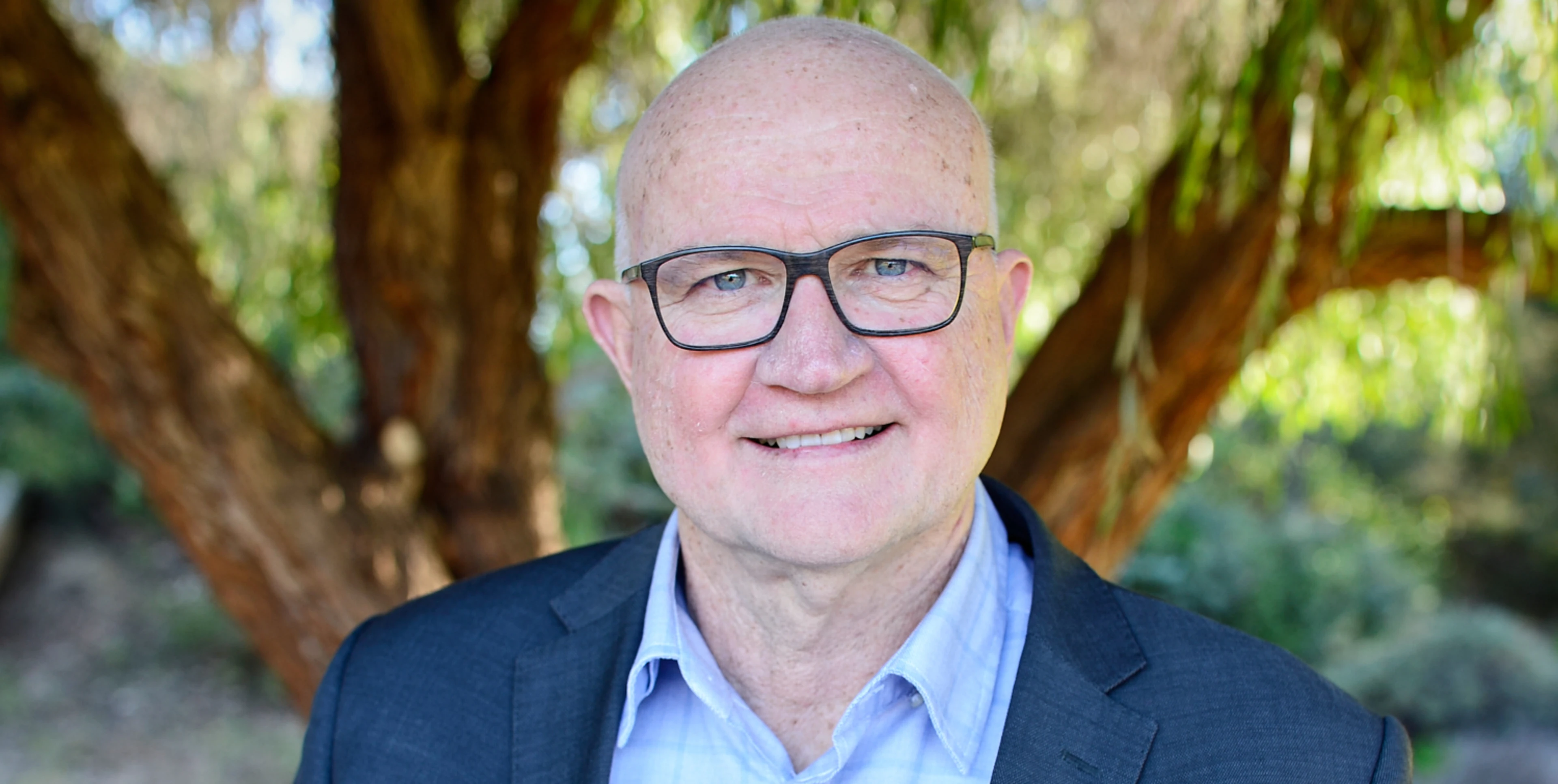Pinwheel's Amber Rudd sets out why companies serious about building a healthy, liveable planet should be making targeted investments in nature-based climate solutions.
As the new Secretary of State for Energy and Climate Change in May 2015, I lead the UK delegation at the December 2015 UN climate talks in Paris. It was an extraordinary responsibility and a huge challenge to play a part in this international conference. There is still no greater challenge nor opportunity than the need to deliver net zero by mid-century or sooner. So thank you and well done Prime Minister Rishi Sunak for bringing back my old department in February this year, now with the slightly amended name of the Department for Energy Security and Net Zero.
The name for the new department cites two of the three sides of the energy trilemma, which was central to the debate around energy when I was at the Department of Energy and Climate Change, DECC. Whilst energy security has had to go up the agenda in the last twelve months it is much clearer now than it was in 2015 that net zero is not in conflict with energy security and costs. A low carbon economy is also one that delivers affordable, secure energy.
Financing the transition is the biggest challenge. According to the Climate Policy Initiative, an increase of at least 590% in annual climate finance is required to meet internationally agreed climate objectives by 2030 and to avoid the most dangerous impacts of climate change. This is going to require a mix of established and innovative approaches.
The focus of my efforts in Paris, and that of delegates since, has largely been government finance, but business has a vital role to play. We need an exponential increase in the rate of private sector funding and that funding must be allocated effectively. This is the area of the climate response that I am increasingly concerned about.
Too much corporate climate finance is being misallocated to low quality carbon offset projects, but the voluntary carbon markets have embedded an equally large, systemic problem. The price of carbon credits – often a mere £5 a tonne – is a fraction of the £252 (as modelled by the UK Government) real cost of carbon emissions to society.
With price expectations anchored so low, there is little realistic chance of generating the funding required to avoid climate catastrophe. As consumers, investors and policymakers wake up to this fact, businesses making carbon neutral claims off the back of under-priced and often ineffective offsets will come under increasing pressure to defend their positions.
Boards must navigate two big risks when it comes to climate change. First, they must ensure that the risks climate change and the transition place on their business are properly understood and well managed. Secondly, they must ensure that they do not create new risks by pursuing low impact strategies that could cause reputational harm: the risk of engaging or being accused of engaging in greenwash. Boards must get ahead of the risk.
I do not pretend that doing so is easy. The illusion that our emissions can be magicked away for relatively little cost is potent. Breaking from the crowd and adopting a new strategy requires brave leadership.
The good news is that, alongside reducing carbon emissions from human activity, there are many ways in which we can support the planet to heal itself.
We now know that healthy oceans are vital carbon sinks, with mangroves, salt marshes and seagrasses capable of sequestering carbon far faster than land-based trees. On land, peatland and wetlands are being restored. Peatlands cover only 3% of the surface area of earth but store nearly one-third of the world’s carbon. Regreening and rewilding can recreate vital habitats with the co-benefit of sequestering significant amounts of carbon.
This regeneration cannot happen by itself. These initiatives and more are being driven by people passionate about our planet, but they need funds to scale and grow their impact. Support from progressive businesses is the key to their success.
Carefully targeted investment in these most powerful responses to our climate and biodiversity crises allow business to play their rightful role in recreating a healthy, liveable planet. It also provides an inspiring and compelling answer to employees, consumers and investors who demand good corporate citizenship and expect to see evidence of it.
If companies around the world adopt this approach, we will make real progress on the challenge of generating corporate finance for one part of the trilemma my new-old department is wrestling with - net zero.
Amber Rudd is a director at Pinwheel
This article first appeared in Business Green on 6 March 2023











